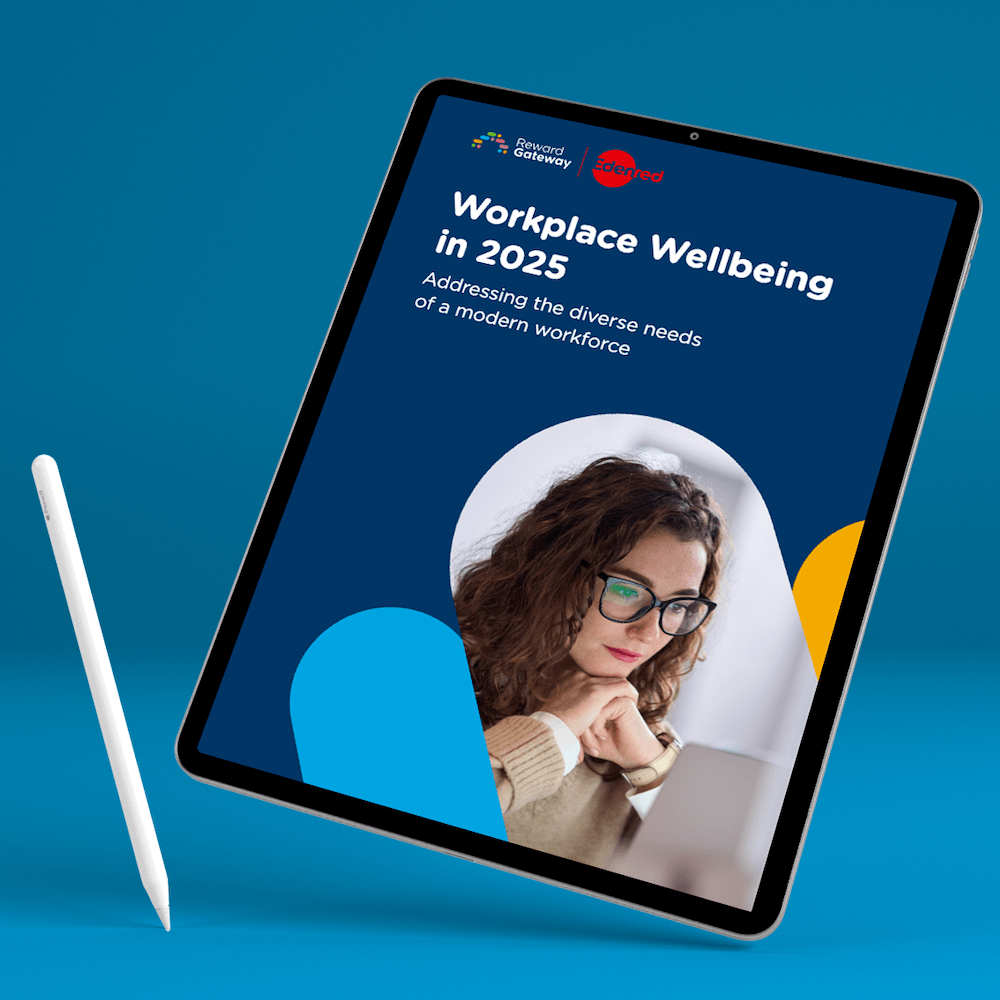Burnout has become increasingly common in the past few years, during which many of us have struggled to define our work-life boundaries and preserve our mental health. Prevent burnout from taking hold and stay energized at work with these six simple strategies.
What is burnout?
Burnout is a condition we experience as a result of prolonged overwork, poor work-life balance, and heightened stress. Individuals who are burned out may feel frustrated, stuck, under-appreciated, numb, exhausted, ill and/or lost. Burnout isn’t a medical condition, but it is caused by chronic stress, which can have negative health effects. Burnout shares a great deal in common with depression and anxiety, so if you feel burned out, it is worth talking to your primary care physician or psychiatrist. You may require medication or therapy to support your recovery.
Strategies to prevent burnout
 1. Recognize signs of stress in yourself
1. Recognize signs of stress in yourself
Burnout is a result of chronic stress and overwork. Luckily, this means that recognizing the signs of stress in yourself can help you address the problem before it becomes severe and entrenched. Consider how you tend to respond to stress. Do you numb your feelings with escapist television, or double down on your workload? Knowing how you generally respond in stressful situations can help you notice the cues your body gives you every day.
2. Prioritize self-care
Prevent burnout by prioritizing self-care in your daily routine. Almost anything could qualify as self-care, depending on your life. Self-care isn’t only about hot bubble baths and pedicures; it’s about caring for yourself in a way that supports wellness long-term and sustainably. Meal prepping some healthy food, calling a close friend, exercising or reading a good book could all count as self-care. Spending time in your garden (even working!), engaging in a hobby or playing a game also count.
3. Nurture social connections
 Research has shown that the quality of our interpersonal relationships may positively contribute to mental health, physical health, and quality of life. But interpersonal relationships, particularly those that are complex or involve unresolved conflict, may also worsen symptoms of burnout. You can care for yourself and prevent burnout by investing time and care in your relationships. If your work relationships are weighing on you, ask for help from Human Resources to mediate any ongoing conflicts.
Research has shown that the quality of our interpersonal relationships may positively contribute to mental health, physical health, and quality of life. But interpersonal relationships, particularly those that are complex or involve unresolved conflict, may also worsen symptoms of burnout. You can care for yourself and prevent burnout by investing time and care in your relationships. If your work relationships are weighing on you, ask for help from Human Resources to mediate any ongoing conflicts.
4. Improve your work-life balance
Work-life boundaries are critical for preventing burnout. Don’t let work encroach on your personal life. Set healthy boundaries with work, such as by not checking emails outside of work hours, and then stick to them. Identify the areas of your life that contribute positively to your mental and physical health (e.g. time with your kids, exercise, hobbies) and cut tasks elsewhere to ensure they remain a consistent part of your routine.
5. Try new stress management tools
 If you’re dealing with chronic stress and burnout, it’s always a good idea to seek help from your primary care physician, psychiatrist or therapist. But there are also many complementary tools you can use regularly to manage stress. Many people enjoy meditation practices with tools like Headspace or Calm. You might also try progressive muscle relaxation or a gentle, calming exercise like yoga. Practice deep breathing, stretch regularly and drink a lot of water; these simple actions won’t cure anything, but they help us to reduce cortisol (the stress hormone) levels in our blood.
If you’re dealing with chronic stress and burnout, it’s always a good idea to seek help from your primary care physician, psychiatrist or therapist. But there are also many complementary tools you can use regularly to manage stress. Many people enjoy meditation practices with tools like Headspace or Calm. You might also try progressive muscle relaxation or a gentle, calming exercise like yoga. Practice deep breathing, stretch regularly and drink a lot of water; these simple actions won’t cure anything, but they help us to reduce cortisol (the stress hormone) levels in our blood.
6. Work smarter
Despite work being the primary stressor for most people with burnout, the main focus is often on improving one’s personal life as a coping strategy. And certainly, making time for relationships, hobbies, and healthy habits can help us cope better with work-related stress. But it’s also important to address the root causes of chronic stress; namely, a lack of healthy work boundaries, bureaucracy, conflict at work, or a toxic workplace. Some of these problems are within your control as an individual and some are not. But by recognizing the specific source of your stressors, you can more effectively respond with a successful long-term strategy.
Burnout doesn’t happen overnight. You can act now to support your mental health and prevent burnout from taking root. Stay motivated at work with these six strategies for preventing burnout.

 Tamara Duffy
Tamara Duffy



